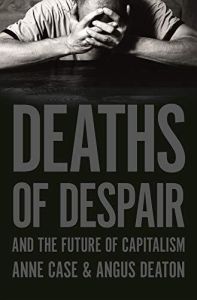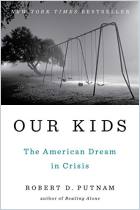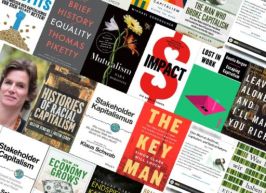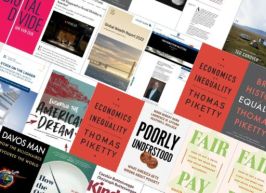Join getAbstract to access the summary!

Join getAbstract to access the summary!
Anne Case and Angus Deaton
Deaths of Despair and the Future of Capitalism
Princeton UP, 2020
What's inside?
For working-class white people in America, life has gotten worse – much worse.
Recommendation
In the fairy-tale version of America, life just keeps getting better. But prominent economists Anne Case and Angus Deaton have been poking a hole in that story. In 2015, they reported that US life expectancies and mortality rates had taken an unexpected turn for the worse. Now Case and Deaton further delve into those initial findings, and they conclude that the financial setbacks wrought by globalization have metastasized into health woes and social problems. The authors describe a bleak divide in US society that should concern all Americans.
Summary
About the Authors
Anne Case is professor emeritus of economics and public affairs at Princeton University. Angus Deaton is professor emeritus at Princeton and a professor at the University of Southern California. He was awarded the 2015 Nobel Memorial Prize in Economic Sciences.






















Comment on this summary